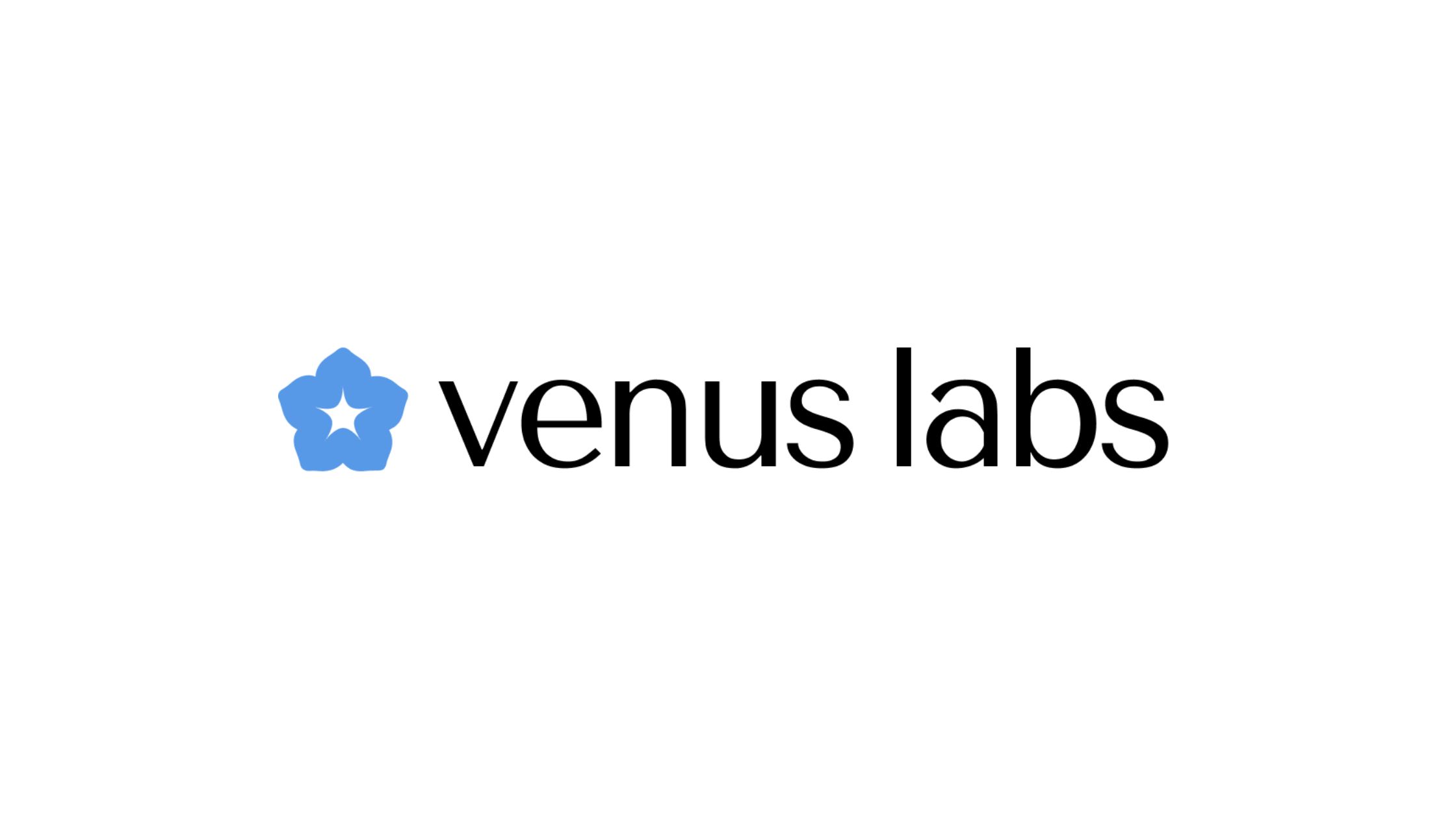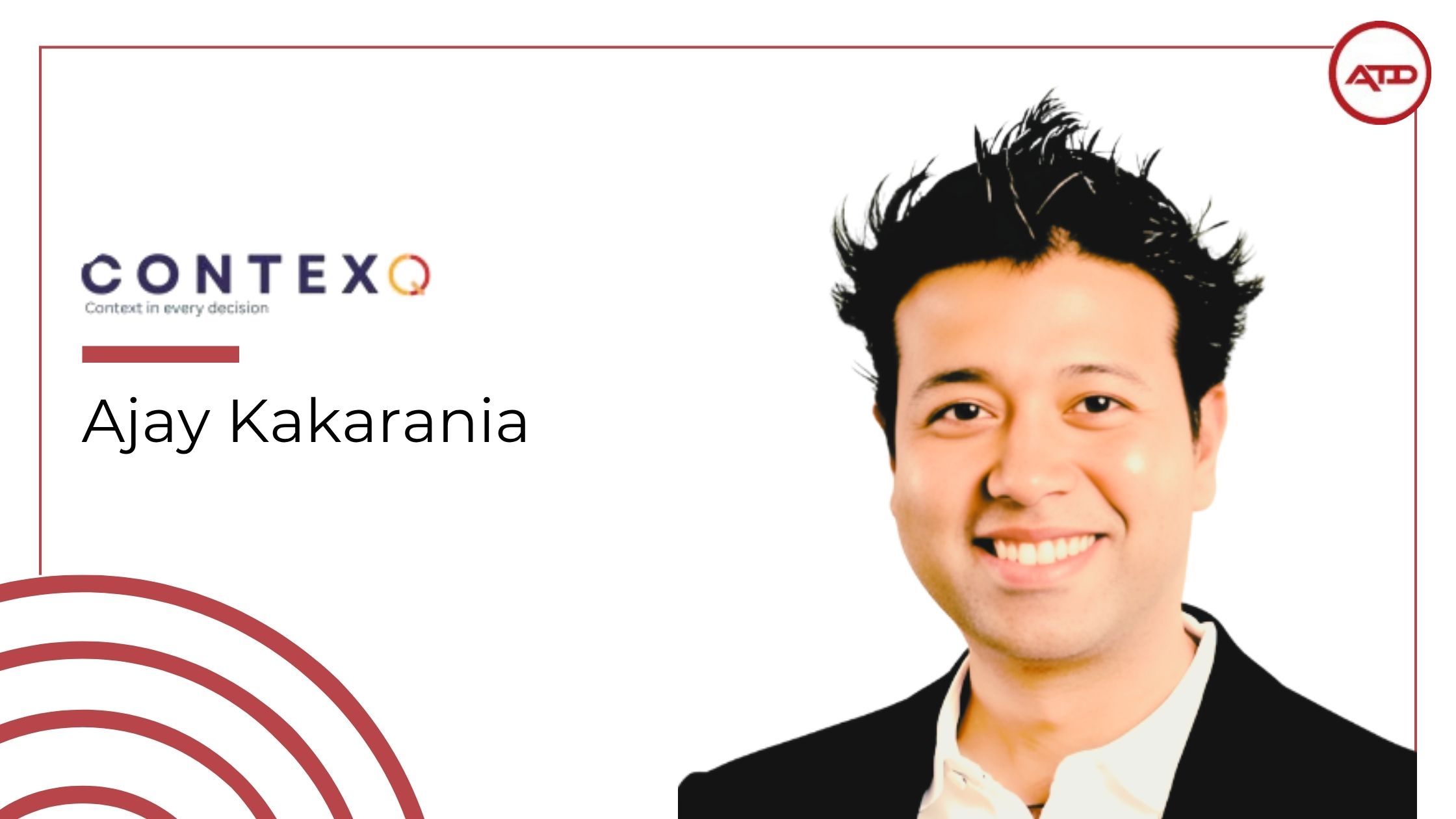AsiaTechDaily – Asia's Leading Tech and Startup Media Platform

Can Tech Fix the Skincare Confusion? Venus Labs Thinks So
As consumers demand more customization and transparency in beauty tech, Venus Labs emerges as a skin coach app designed with inclusivity, privacy, and expert guidance.
K-Beauty has transcended South Korea’s borders. Fueled by globalization, TikTok tutorials, and consumers’ craving for glowing skin, it’s rapidly becoming one of the beauty industry’s biggest global pillars. Industry reports estimate that the global K-Beauty market, valued at about US$14.7 billion in 2024, is on track to grow to nearly US$31.8 billion by 2033.
Yet behind the hype, many users worldwide remain frustrated. With so many products, impenetrable ingredient labels, influencer advice, and AI skin tools that miss the mark, the promise of radiant skin often feels elusive. Many apps and devices struggle to deliver reliable, personalized guidance, especially for darker or mixed skin tones. Biased AI datasets, privacy concerns, and one-size-fits-all routines have created distrust. Meanwhile, consumers are increasingly insisting on transparency, ethical formulations, affordable routines, and region-aware guidance.
In this climate, there’s a growing space for solutions that combine science, human expertise, fairness, and localization. That’s where Venus Labs comes in — a startup born from the founder’s own journey with acne and scarring, powered by AI tech, and backed by licensed Korean skincare experts. Venus seeks not only to deliver personalized skincare but to do so with inclusivity, integrity, and real results.
The Genesis: From Personal Frustration to Purpose
Jacob Han, co-founder of Venus Labs, describes growing up navigating countless skincare products and advice that never quite fit. “I grew up with severe acne and scarring and spent years bouncing between products and advice that didn’t fit my skin,” he says. It was only after discovering Korean skincare — its ingredient discipline, modern textures, and emphasis on routine consistency — that things finally shifted.
He recalls getting a Venus Viva laser in Seoul, and in that moment, realizing an idea: “Have that clinic-level guidance accessible to anyone, anywhere.” This moment planted the seed for Venus Labs — an app that doesn’t just recommend a serum or cream but builds a real, coach-led journey.
How Venus Works: Bridging Tech and Authentic Expertise
Venus adopts a hybrid model: AI for scale, humans for nuance. Based out of Los Angeles and Seoul, the startup brings together:
- A supervised AI model trained on diverse, anonymized images labeled for common skin concerns: texture, redness, pores, oiliness, pigmentation. The model is calibrated for the standard Fitzpatrick I–VI skin tones to reduce bias. For edge cases, real licensed Korean coaches step in. (Han: “Our pipeline combines selfie quality checks… calibrated across Fitzpatrick I-VI to reduce bias… human-in-the-loop”)
- A K-Advisor Review: users upload photos and routines, share goals. Within 24 hours they get an evaluation of their current skin & routine, ingredient suggestions, affordable dupes, and a customized treatment plan.
- Tools to scan any product or ingredient and see how well it may suit the user’s skin.
- AI-powered progress tracking and daily care suggestions that take into account external factors like weather, humidity.
This model answers many of consumers’ complaints: generic routines, mismatch of advice to real skin tone or climate, and lack of expert validation.
Market Fit, Business Model, and Early Traction
Venus has designed its financials and operations to meet both quality and scalability:
- Revenue Streams: A pay-per-review Korean Skin Consultation (~US$14.99), which promises actionable feedback in 24 hours; and a Pro subscription (~US$8.99/month or US$59.99/year) for unlimited AI tools, product scanning, chat, and advanced insights.
- Partnerships & Credibility: Working with K-Beauty brands for in-app placements; clinic advisors in Seoul and Los Angeles to ensure legitimacy.
- User Growth: Launched publicly in August 2025, Venus gained 3,000+ users in its first month. Monthly Active Users are tracking similarly (~3,000), with strong usage in skin scans and routine tracking.
The startup’s challenge now is sustaining retention, localizing deeply for new markets, and keeping the quality of both AI and human guidance as it scales.
Challenges & Opportunities Ahead
Some of the major hurdles in this industry, and how Venus is positioning itself relative to them:
| Challenge | How Venus Addresses It / Risks |
| AI bias & fairness | Calibrated data (Fitzpatrick I–VI), human-in-the-loop for edge cases helps, but keeping the dataset large/diverse enough will be crucial as the user base grows. |
| Trust & credibility | Real Seoul-based coaches + transparency help. Distinguishing cosmetic guidance vs medical advice is important to avoid regulatory issues. |
| Localization | Language support (English, Korean already; Spanish and Arabic coming) and adapting for climate/humidity, local ingredient availability. Local regulations & privacy laws vary. |
| User acquisition vs. cost | The cost of human coaches + processing images + maintaining AI infrastructure is nontrivial. Subscription + consultation pricing must balance affordability with profitability. |
| Differentiation in a crowded market | Many apps have skin analysis tools, but fewer combine that with expert Korean coaching + deep inclusion + affordability. If Venus maintains high product quality, that could be its edge. |
Vision & Values: Beyond Just Skin Deep
Venus Labs isn’t just pushing features; its founders talk in terms of mission:
“Venus exists to give that feeling to anyone, anywhere — without gatekeeping, without fluff.” — Jacob Han
Their stated values include Integrity, Innovation, Inclusion, Self-Love, and Anti-Bullying. It’s clear they see their role as not just helping people pick the right serum, but helping them feel confident in their skin, especially in spaces where skin tone, budget, or geographic location could have been obstacles.
Conclusion & What’s Next
Venus Labs is entering the stage at a promising but demanding moment. The K-Beauty market is booming; consumers are more informed, more demanding of fairness and personalization. The opportunities are large — but so are the expectations and the challenges.
If Venus can maintain its balance of human expertise + AI scalability, stay vigilant about bias and privacy, and genuinely tailor advice to local climates, skin tones, and budgets, it could carve a strong position in the beauty tech space.
Over the next year, watch for their seed raise, growth in Spanish and Arabic markets, and possibly hardware or SDK integrations. But more than just expansion, it’s about whether Venus can live up to its promise: “spend less time guessing, more time glowing.”



